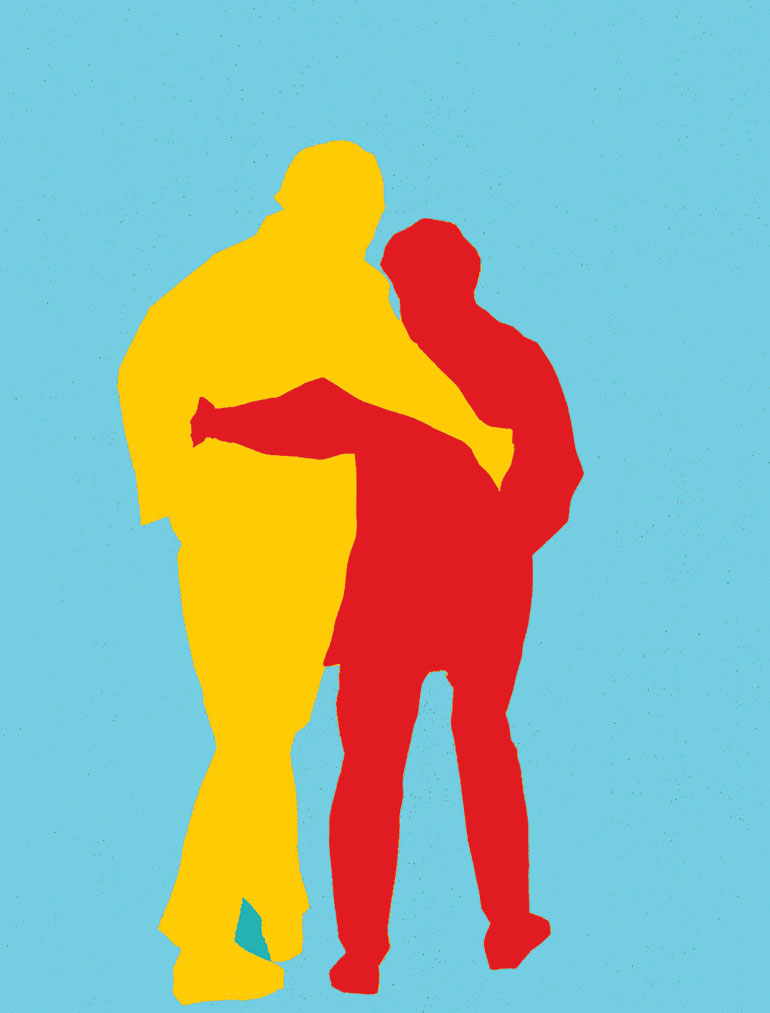We expected stacks of paperwork. We anticipated the eager, stressful wait that would start the day we sent in our dossier and last until the day we held our child in our arms. But we weren’t ready for a complicated referral.
When we received a referral for an 11-month-old girl, just six weeks after we sent our paperwork, I told my husband, “The hard part is over. Why would we ever turn down a referral?” I spoke too soon.
Questions arose as soon as we began sifting through the file. Some of the medical information raised concerns, but test results that would address those concerns were due shortly. When they arrived, however, we learned that the child had undergone a simpler, less conclusive test, not the one that would provide the answers we sought.
We could decline the referral, or wait for the more extensive test to be completed. In theory, it was a no-brainer. This child had medical needs beyond those we felt we could handle. But it was not simple. This was no longer a theoretical child. Here was a name, a face, a person whose life would change as a result of our decision.
I agonized, my gut telling me different things at different times. I made lists, weighing pros and cons. I tried to calculate the likelihood of every possible outcome. I spoke to very patient doctors, asking the same questions over and over. I went to bed thinking we should wait, and woke up thinking we should decline.
Tough choices
Finally, my husband and I decided to wait for the next round of test results. We both felt committed to this child, so why not see the process to the end? We began to think that we would accept the referral — unless the results revealed drastic medical problems.
We waited four weeks. Then we got the news that the conclusive test had been cancelled; no further testing was planned. We had to make a decision with only the information at hand. Although the child’s doctors said that there was little cause for concern, our international adoption doctor believed that there was a possibility of a serious, lifelong medical problem.
By this point, we’d accepted the prospect of living with regular doctor visits, invasive procedures, and, perhaps, surgery. But we knew that we couldn’t move forward without knowing the specifics of the child’s medical condition. Without that information, it was too great a risk. Combined with the stress of first-time parenting, we knew it was more than we could handle.We declined the referral.
Knowing ourselves
It was as if we had suffered another miscarriage. But this time the loss had a face and, in many ways, was much more complex. A miscarriage was a misfortune, whereas declining an adoption referral was our active choice. With that choice came responsibility. Most of our family, close friends, and adoption agency staff were supportive, but a few slightly raised their eyebrows, a few looked at us as if our hearts were simply too small.
And the loss was not ours alone. We had consigned a little girl to waiting weeks or months to be placed with a family. Finally, we were haunted by the lingering fear that we had declined to adopt a child whose needs we might have met, whom we would have certainly loved had we known her.
Still, I know we made the right decision. Every child deserves a family who will accept her without hesitation. Even now, when I read about the medical condition she most likely has, my muscles tense and my heart beats more quickly.
I realize that any child — adopted or biological — comes with risks. But when you adopt, you are asked to specify the characteristics of the children you could welcome into your life, to ensure the best possible match. You are asked to choose. So we did. Just don’t let anyone tell you that having choices makes it easier.






